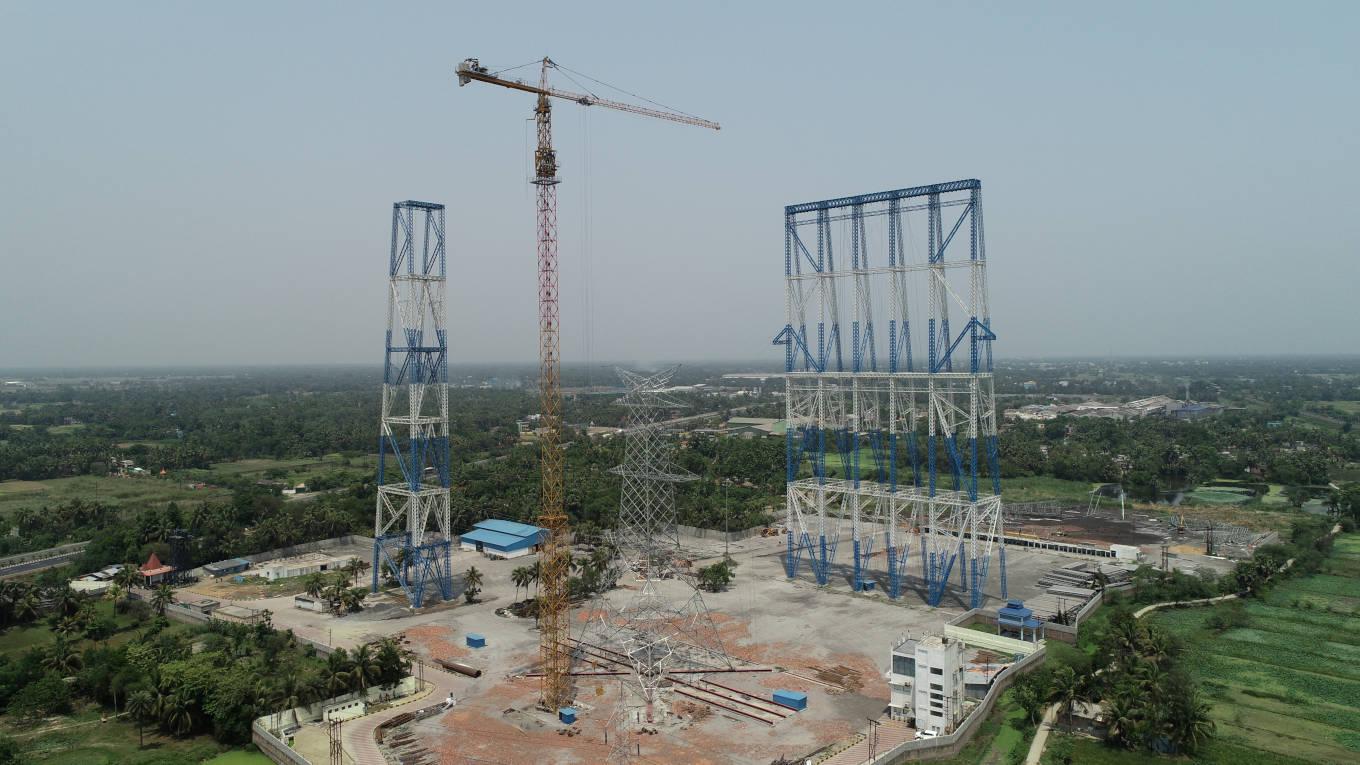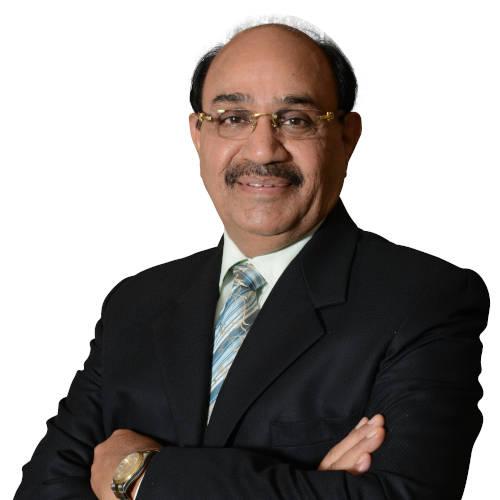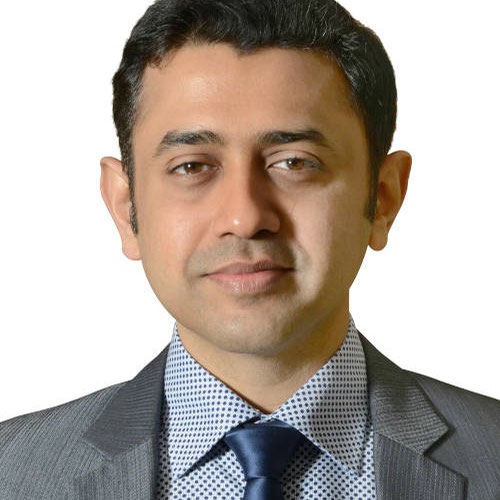Infrastructure is an important aspect of the economic development of a country. The growing population, rapid urbanisation and industrialisation are driving the demand for power consumption and communication. So, the creating capacity in transmission & distribution infrastructure across the country is crucial to meet the accelerated demand. The Kolkata-based Skipper Limited, a listed entity, is the largest manufacturer of power transmission and distribution of telecom and railway structures. It has adopted the changing market scenario, which has paid the company rich dividends. One of the oldest players in the segment, Skipper has bagged orders worth Rs2,570 crore from BSNL (Bharat Sanchar Nigam Limited). The contract has been awarded by BSNL for supply and erection of ground-based telecom towers, installation of infrastructure items and their subsequent operation and maintenance for five years (capex and opex model), extendable by five more years in the uncovered villages of India under 4G saturation projects. In July 2022, the government approved a revival package for BSNL, amounting to Rs1.64 lakh crore. BSNL floated a tender in October 2022 for a requirement of 100,000 4G sites across the country, mostly in uncovered villages under 4G saturation projects. Skipper will execute the work in the states of Rajasthan and Odisha, which includes development of about 3,350 tower location sites, using home-grown 4G stack. This will be funded through the government’s Universal Service Obligation Fund (USOF), which has a reserve of about Rs55,000 crore to be utilised for providing connectivity in rural and remote areas. “Backed by our expertise in executing projects for the telecom sector, this is another significant win for us,” says Sajan Kumar Bansal, managing director, Skipper. “Our engineering capacity to support captive manufacturing of telecom structures and experience in building tower sites on turnkey basis will complement the execution of this project and will establish our company as a front runner in this domain.” “The market looks exciting, based on the strong traction in domestic telecom,” adds Sharan Bansal, director, Skipper. “This will be on account of future 5G roll-out.” Skipper has 18 months’ timeline for the project execution. The journey for Skipper began in 1981 by making Hamilton poles (steel poles used by telecom companies) and later telecom towers, masts and steel pipes, in a factory in Howrah in Bengal. Skipper was a large supplier to the P&T (now BSNL) department. However, the launch of mobile phones changed the business dynamics of the telecom sector. Sajan Kumar Bansal, founder, Skipper, realised that Hamilton poles were no longer viable and stopped making them. He then forayed into telecom tower manufacturing, with its engineering and fabrication expertise and also ventured into manufacturing power transmission and distribution (T&D) structures in 2006. Bansal diversified the company’s portfolio, ranging from value-added engineering to polymer products. Changing with the times His business sense has led Skipper to be among the three largest manufacturers of power T&D structure, with a capacity of 300,000 tpa. The other two are KEC International and Kalpataru Power Transmission, which are into EPC businesses, while Skipper’s focus is on manufacturing and fabrication. “It is important to change with the times to survive in a business,” says the 65-year-old Bansal. Now, his three sons – Sharan, Devesh and Siddharth – are the driving forces behind the company’s growth. Over the last few years, the Bansals have pursued a rapid expansion policy, with diverse product ranges. The company has strengthened its position through backward integration, which has made Skipper the customers’ preferred choice. The company has three business verticals – engineering, infrastructure and polymers. Engineering comprises tower and structures manufacturing, which is the main revenue earner (79 per cent) of the company. Infrastructure – the EPC business – contributes 3 per cent, while polymer segment (PVC pipes, water tank etc) grow gradually at 18 per cent.
-
Transmission line tower testing station: one of the best in the country; Pix: Skipper




































